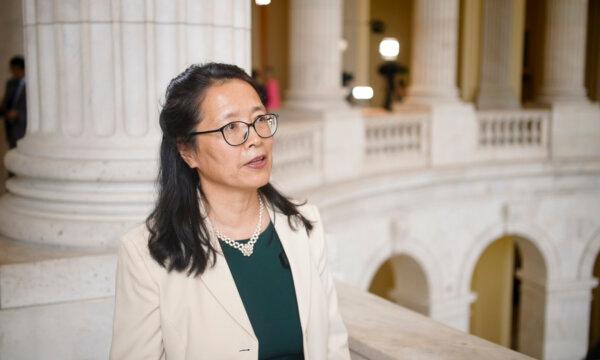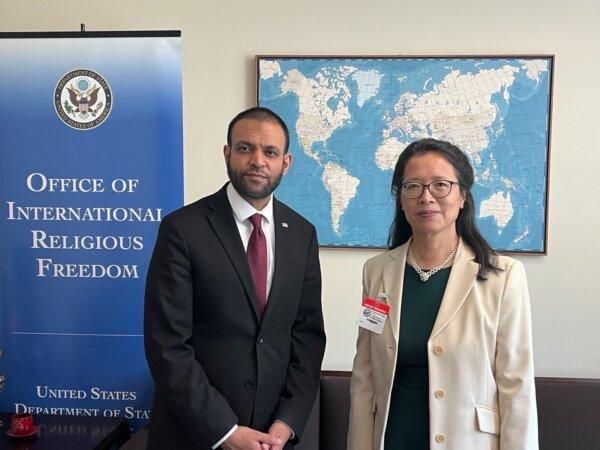The State Department has placed the limelight on Beijing’s persistent efforts to censor Shen Yun Performing Arts, a New York-based arts group that tours the world to present traditional Chinese culture while drawing attention to ongoing human rights abuses in China.
“Many of the performers are Falun Gong practitioners,“ the report states in describing Shen Yun, and ”in addition to traditional Chinese dances, some dances portray present-day religious persecution of Falun Gong practitioners in China.”
Falun Gong is a spiritual practice involving both meditative exercises and teachings based on the principles of truthfulness, compassion, and tolerance. In 1999, the CCP has declared Falun Gong practitioners a “top enemy,” deploying an all-out campaign to arrest and torture adherents across China, in a bid to eradicate the faith.
Shen Yun, with a mission to showcase “China before communism,” has been a target for the regime since its founding in 2006. During its global tours to more than 20 countries across five continents, the company has suffered several incidents of sabotage to its tour buses and seen venues back out at the last minute after receiving letters from Chinese officials threatening their countries’ economic interests.
U.S. officials have expressed concern over such strong-arm campaigns on multiple occasions since they came to light.
Ahead of the U.S.–China summit in San Francisco in November 2023, a senior Biden administration official described the CCP’s “economic coercion” as “very damaging.”
“And it will be important for countries to take steps going forward to try to either work together to create greater resilience,” he said, but also to send a collective message that the CCP’s actions “are antithetical to the smooth functioning of a global capital system.”

Attending the report launch event was Falun Gong practitioner Zhang Yuhua, a former dean of the Russian language department at a key Chinese university who spent a combined 7 1/2 years in Chinese prisons and went through repeated police harassment over her faith until she fled the communist country. The prison guards made her stand for days and weeks on end, denying her sleep, until her legs—and then the rest of her body—swelled up and she had trouble breathing.
Rashad Hussain, ambassador-at-large for international religious freedom, described Ms. Zhang as a “courageous leader” as they announced the report’s release.
Ms. Zhang’s husband is still in China and under the close watch of Chinese police; he has received prison sentences totaling more than 10 years since the CCP’s persecution campaign against the spiritual practice began.

Ms. Zhang said she was thankful for the bill’s passage and for officials’ support.
For people in China, such efforts are “like a light,” she told NTD. “The CCP says they don’t care about U.S. government action. But indeed, they are afraid.”
Rep. Scott Perry (R-Pa.), the lead sponsor of the bipartisan bill, said he hopes those still facing the persecution in China will hang on to hope.
“Hope needs to be alive,” he told NTD. “It’s not happening fast enough, but it is happening over time.”







